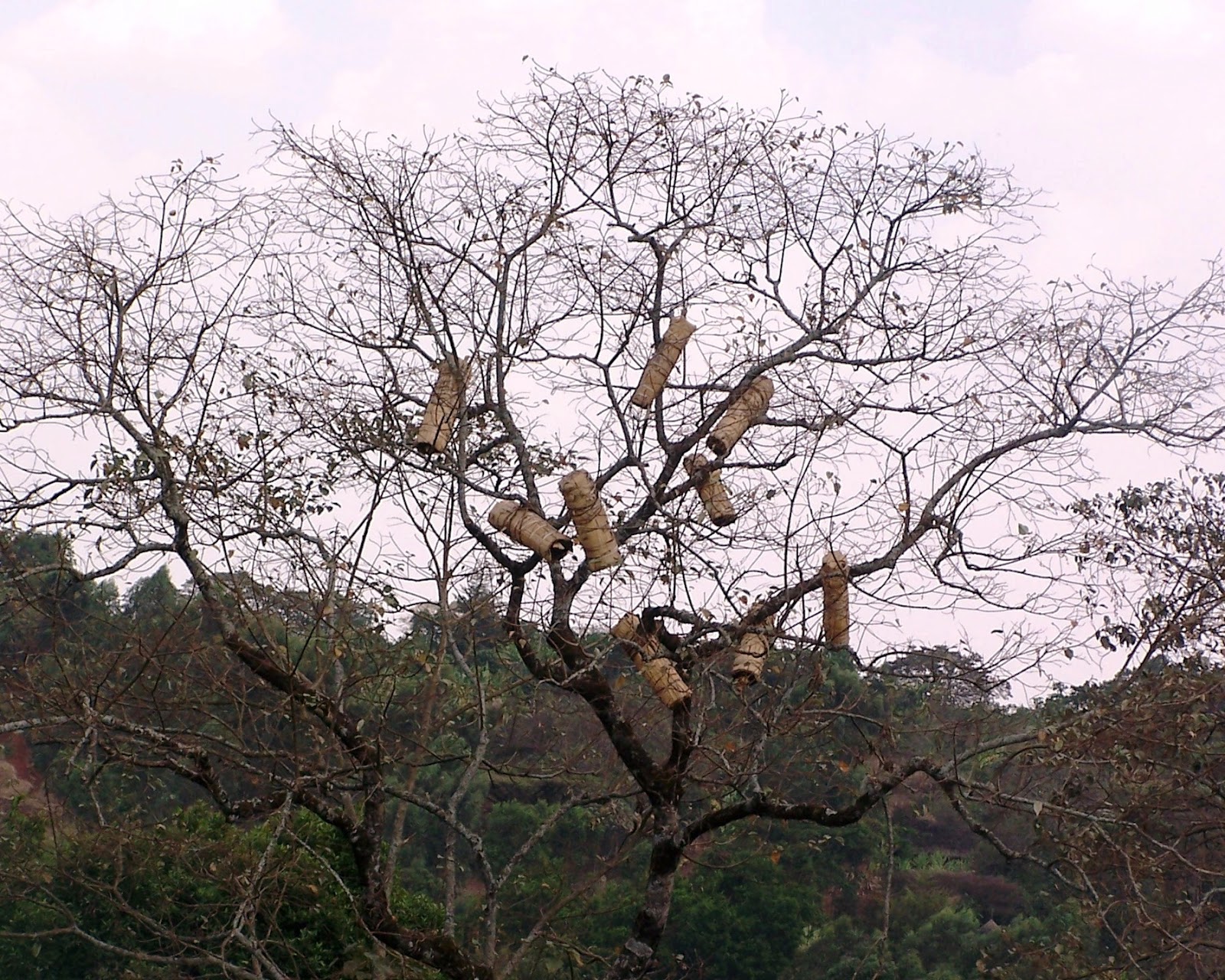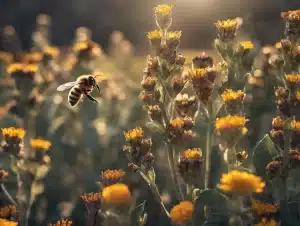Unraveling the Honeyed History:
Ethiopians and Their Ancient Beekeeping Traditions!
As we journey through the tapestry of beekeeping history, we discover another ancient chapter, woven by the Ethiopians—a tale that spans millennia and embodies a deep reverence for bees and their precious gift, honey.
Bee Ware™, the Centurion-based champion of beekeeping wisdom, welcomes you to explore the fascinating world of Ethiopian beekeeping. With a apicultural campaign filled with humour and historical fascination, we present the bee-autiful story of Ethiopians and their timeless relationship with bees.

Ethiopia: The Land of Honey and History
Nestled in the majestic highlands of Africa, Ethiopia is a land of ancient wonders and cultural riches. For thousands of years, its inhabitants have cherished bees and honey, elevating beekeeping to an art form that honours both nature and tradition.
The Art of Traditional Ethiopian Beekeeping: An Ancient Dance
Ethiopian beekeeping is an exquisite dance between humans and bees, much like a choreographed comedy routine.
Traditional beekeepers crafted cylindrical hives made from woven materials, providing bees with natural homes amidst the lush landscapes.
They cared for their bees with deep respect, ensuring that honey harvesting was a harmonious and sustainable process.
The Sacredness of Honey: Nectar of the Gods
To Ethiopians, honey is more than just a sweet delicacy—it’s a symbol of prosperity, healing, and spiritual significance. Just as laughter uplifts the soul, honey has been an essential part of religious ceremonies, festivals, and traditional medicine for centuries.
The Legend of King Lalibela: A Bee-autiful Connection
Legend has it that King Lalibela, the renowned ruler of Ethiopia, had a special connection with bees.
According to folklore, bees covered his face at birth, and it was believed that their touch granted him divine protection and wisdom. This extraordinary tale reflects the profound reverence Ethiopians have for bees.
Preserving the Legacy: Modern Ethiopian Beekeeping
Today, Ethiopian beekeepers continue to uphold their ancient traditions, blending traditional methods with modern innovations.
They embrace eco-friendly beekeeping practices and play a crucial role in conserving indigenous bee species, ensuring the continuity of their beekeeping legacy.
They use a combination of traditional skep hives and modern langstroth hives.
Conclusion: Ethiopians and Their Ancient Beekeeping Traditions
The enchanting journey through Ethiopian beekeeping history has revealed a profound connection between a vibrant culture and the marvelous world of bees. For Ethiopians, beekeeping has been an art form that honours nature, tradition, and the timeless gift of honey.
As we reflect on the wisdom of Ethiopian beekeepers, let their legacy inspire us to cherish and protect the bees that grace our lives. Visit Bee Ware™ at www.beeware.co.za to celebrate the ancient traditions of Ethiopian beekeeping being kept true and to learn how their bee-autiful story continues to inspire and enrich the modern beekeeping community.
Bee ready to embrace the sacredness of honey and the rich cultural heritage of Ethiopia.
Join Bee Ware™ as we pay homage to the custodians of beekeeping wisdom—the Ethiopians—and embark on a journey that connects us to the ancient dance of bees!
Buzzing Through Time: Unraveling the Ancient Beekeeping Legacy of the Khoi San People!
Bee ready to embrace the timeless wisdom of the Khoi San and embark on a journey that unites us with the ancient dance of bees.
Join Bee Ware™ as we pay homage to the stewards of the land and the keepers of beekeeping wisdom—the Khoi San people!
Beyond the horizon of recorded history, lies an ancient beekeeping legacy woven by the Khoi San people—a tale that harmonizes nature, culture, and bees.
As we venture into the past, Bee Ware™, the Centurion-based champion of beekeeping knowledge, invites you to step into the world of the Khoi San and their captivating journey in beekeeping.
With an ancient beekeeping campaign filled with humour and historical reverence, we present the bee-autiful story of the Khoi San and their harmonious relationship with bees.




